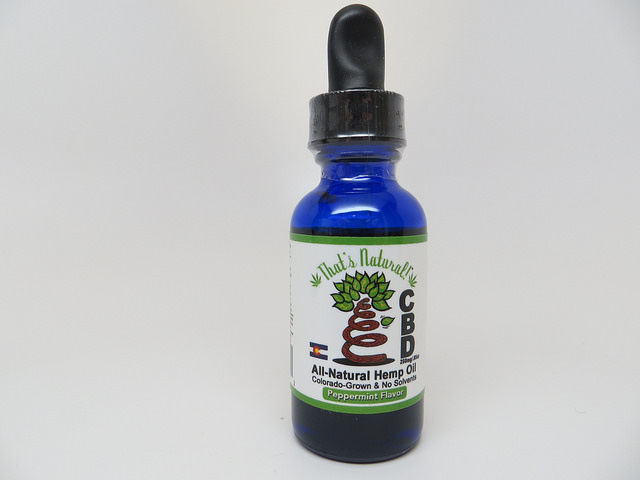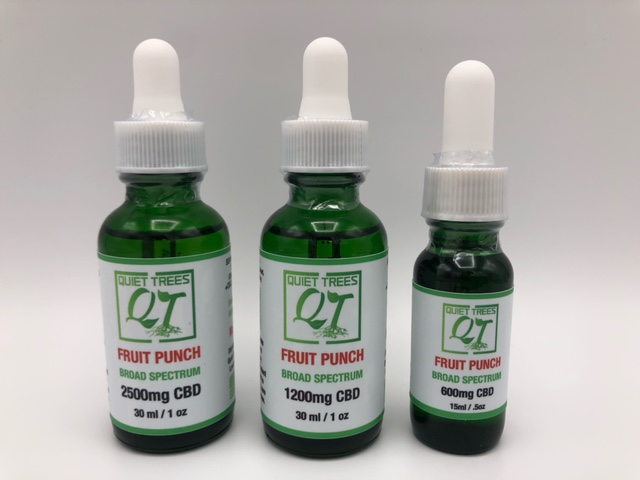Cannabidiol, commonly known as CBD, has taken the wellness industry by storm in recent years. Its popularity stems from a myriad of purported health benefits, ranging from pain relief to anxiety reduction. However, with this surge in popularity, numerous myths and misconceptions about CBD oil have emerged. This article aims to debunk some of the most common myths surrounding CBD oil, providing you with a clearer understanding of what it is and what it isn’t.
Myth 1: CBD Oil Gets You High
One of the most pervasive myths about CBD oil is that it can get you high. This confusion often arises because CBD is derived from the hemp plant. However, it is important to distinguish between CBD and THC (tetrahydrocannabinol), another compound found in hemp. THC is the psychoactive component responsible for the high associated with hemp use. CBD, on the other hand, is non-psychoactive and does not produce a high. High-quality CBD oil products typically contain negligible amounts of THC (less than 0.3%), which is not enough to cause any psychoactive effects.
Myth 2: CBD Oil Is Illegal
The legal status of CBD oil can be confusing, largely because it varies depending on the jurisdiction. In the United States, for instance, the 2018 Farm Bill legalized the production and sale of hemp-derived CBD products containing less than 0.3% THC at the federal level. However, state laws can differ, with some states imposing stricter regulations. Internationally, the legality of CBD also varies. It is crucial for consumers to be aware of their local laws regarding CBD oil. Generally, CBD oil is legal in many parts of the world, provided it meets specific criteria regarding THC content and production standards.
Myth 3: All CBD Oils Are the Same
Not all CBD oils are created equal. The quality and potency of CBD oil can vary significantly between products. Factors such as the source of the hemp, the extraction method used, and the presence of additional ingredients all play a role in determining the final product’s quality. Full-spectrum CBD oil contains a range of cannabinoids and terpenes, which can enhance the therapeutic effects through the entourage effect. In contrast, CBD isolate is pure CBD without any other compounds. Broad-spectrum CBD falls somewhere in between, containing multiple cannabinoids but no THC. When choosing a CBD oil, it’s essential to consider these differences and select a product that suits your needs.
Myth 4: More CBD Means Better Results
There is a common misconception that higher doses of CBD will yield better results. While it is true that some conditions may require higher doses, this is not universally applicable. The effectiveness of CBD oil can depend on various factors, including the individual’s body chemistry, the condition being treated, and the CBD product being used. In some cases, lower doses can be just as effective, if not more so, than higher doses. It’s often recommended to start with a low dose and gradually increase until the desired effect is achieved. Consulting with a healthcare professional can also help determine the appropriate dosage.
Myth 5: CBD Oil Works Instantly
Another common myth is that CBD oil provides instant relief. While some people may experience quick benefits, CBD typically takes time to build up in the body and exert its effects. The onset of effects can depend on the method of consumption. For example, vaping or sublingual administration (placing drops under the tongue) tends to produce faster results than edibles or capsules, which need to pass through the digestive system first. Patience and consistency are key when using CBD oil, and it may take several days or even weeks of regular use to notice significant improvements.
Myth 6: CBD Oil Is Addictive
There is a widespread misconception that CBD oil can be addictive. This myth likely stems from the association of CBD with the hemp plant, some of whose components (such as THC) can be habit-forming. However, research has shown that CBD is not addictive and does not produce the same dependency potential as THC. In fact, some studies suggest that CBD may help in treating addiction to substances like opioids and alcohol by modulating the brain’s reward pathways. This makes CBD a promising option for those looking for natural support in managing dependency. If you want to read more about the common myths about CBD oil, you can try these out to learn more.
Myth 7: CBD Oil Has No Side Effects
While CBD oil is generally well-tolerated and considered safe, it is not entirely free of side effects. Some users may experience mild side effects such as dry mouth, diarrhea, changes in appetite, or fatigue. These side effects are typically mild and temporary. It’s also important to note that CBD can interact with certain medications, potentially altering their effectiveness. This is why it’s crucial to consult with a healthcare provider before incorporating CBD oil into your routine, especially if you are taking other medications.

Myth 8: CBD Oil Is a Cure-All
CBD oil is often touted as a miracle cure for a wide range of ailments. While it does have a variety of potential health benefits, it is not a cure-all. CBD can be an effective part of a broader treatment plan for conditions such as chronic pain, anxiety, and epilepsy, but it is not a standalone cure. It’s important to maintain realistic expectations and understand that CBD should be used as a complementary therapy rather than a replacement for conventional medical treatments.
Myth 9: You Don’t Need to Talk to Your Doctor About CBD Oil
Some people assume that because CBD is a natural product, there’s no need to discuss its use with their healthcare provider. This is a dangerous misconception. Even though CBD is generally safe, it can interact with medications and affect certain medical conditions. Your doctor can provide valuable guidance on how to use CBD safely and effectively, considering your individual health profile. Always inform your healthcare provider about any supplements you are taking, including CBD oil.
Conclusion
Understanding the facts about CBD oil is crucial for anyone considering its use. By debunking these common myths, we hope to provide a clearer, more accurate picture of what CBD oil is and what it can do. Remember that while CBD oil offers many potential benefits, it is important to use it responsibly and in consultation with a healthcare professional.




